No products in the cart.
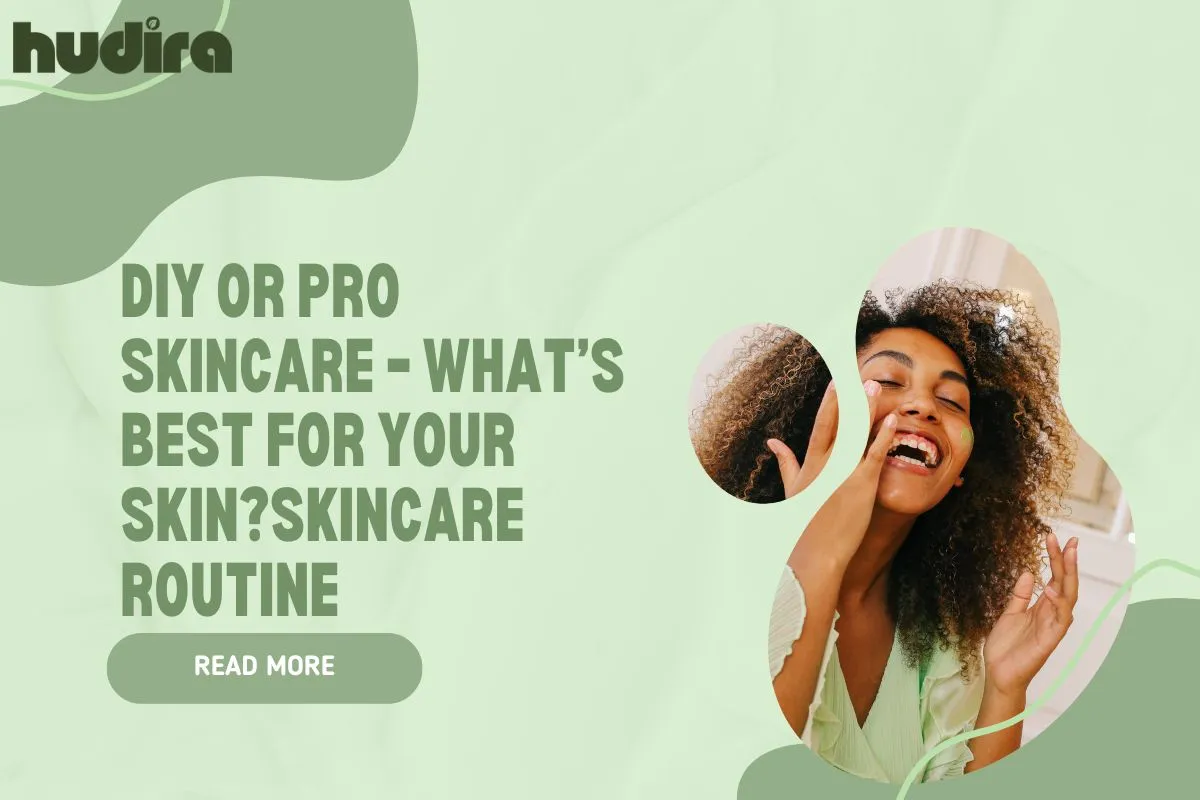
In the world of natural skincare, one common debate stands out—DIY vs. professionally made natural skincare products. While both options aim to nourish the skin using natural ingredients, their effectiveness, safety, shelf life, and formulation quality can vary significantly.
DIY skincare often appeals to those who enjoy personalizing their routines and knowing exactly what goes into their products. Homemade options like face masks, scrubs, and serums can be fun to create and cost-effective. However, they may lack the precision and stability required for long-term use or specific skin concerns.
On the other hand, professionally made natural skincare products are crafted by experts who carefully balance ingredients for maximum efficacy and safety. These products often undergo extensive testing to ensure they are safe, long-lasting, and suitable for different skin types.
If you’ve ever wondered whether to stick to your homemade face masks or invest in professionally formulated organic skincare, this guide breaks down everything you need to know to make an informed decision. Whether you prioritize cost, convenience, or results, we’ll help you determine the best choice for your skin by exploring the key differences between DIY vs. professionally made natural skincare. Understanding the pros and cons of DIY natural skincare versus commercial products can help you create a more effective and balanced organic skincare routine tailored to your unique needs.
What is DIY Natural Skincare?
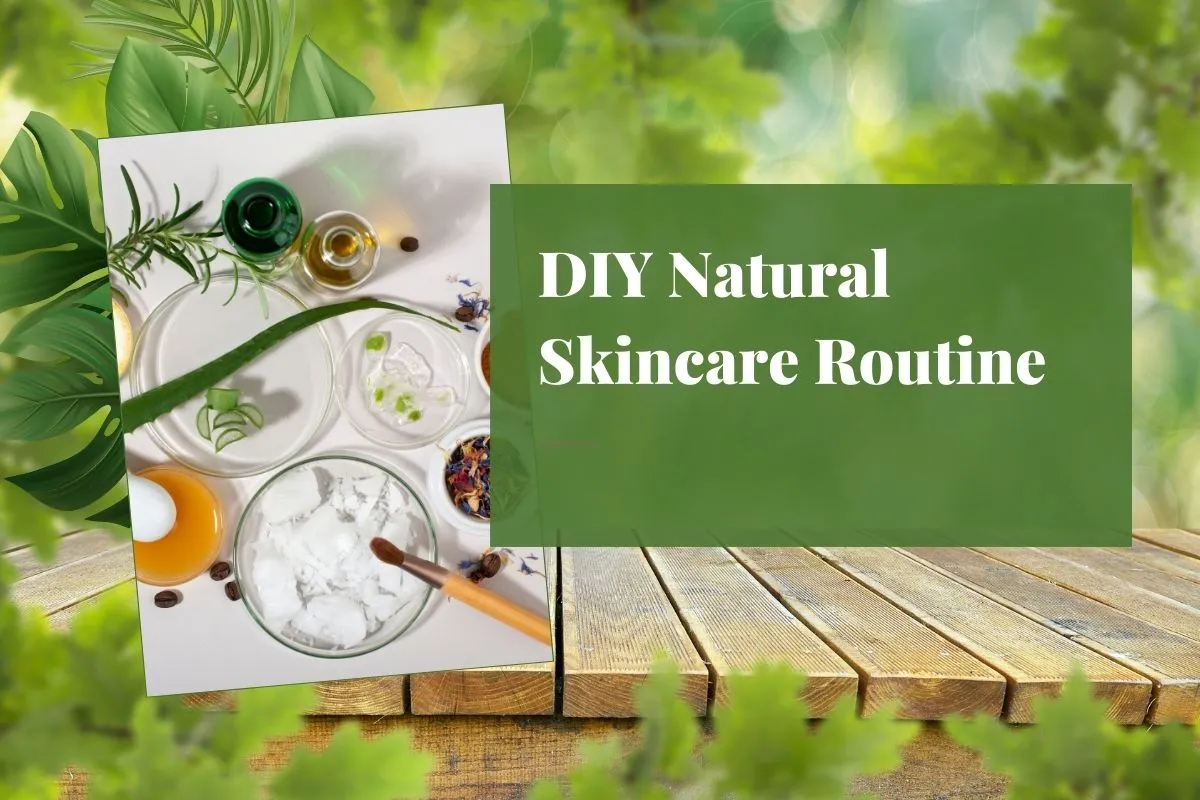
DIY natural skincare involves creating beauty products at home using simple, natural ingredients that are often already in your kitchen, such as honey, turmeric, aloe vera, oats, coconut oil, and essential oils. These ingredients are known for their beneficial properties—honey is a natural humectant, turmeric has anti-inflammatory qualities, aloe vera soothes and hydrates, oats gently exfoliate, and coconut oil provides deep moisturization. Essential oils, like lavender or tea tree, can add therapeutic benefits to your creations. Many of these homemade remedies are inspired by traditional or Ayurvedic beauty routines, which emphasize using nature’s gifts to nourish and care for the skin without harsh chemicals. It’s a cost-effective, customizable, and eco-friendly way to enhance your skincare routine.
Benefits of DIY Skincare Products:
- Cost-effective: Provides high-quality skincare solutions at an affordable price, saving you money without compromising on results.
- Customizable to skin needs: Tailored to address your unique skin concerns, ensuring a personalized and effective skincare experience.
- Avoids synthetic additives: Completely free from harmful synthetic chemicals, making it safer and gentler for your skin.
- Uses organic ingredients: Crafted with natural, organic ingredients to nourish and protect your skin in the most sustainable way.
Drawbacks of DIY Skincare:
- Lack of standardization: Many products lack consistent formulations or quality controls, making it difficult to guarantee reliable results across different batches.
- Short shelf life: Due to the absence of strong preservatives, these products may expire quickly, requiring careful storage and frequent replacements.
- Potential for skin irritation or allergic reactions: Some ingredients may cause irritation or trigger allergies, especially for individuals with sensitive skin or pre-existing conditions.
- Inconsistent pH levels or preservation methods: Varying pH levels or inadequate preservation techniques can compromise product safety and effectiveness over time.
What is Professionally Made Natural Skincare?
Professionally made natural skincare refers to commercial natural and organic skincare products that are expertly crafted in controlled environments by certified formulators or cosmetic chemists. These products undergo rigorous processes to ensure consistency, quality, and effectiveness. They are often dermatologically tested to confirm they are safe for various skin types and comply with strict safety regulations set by governing bodies. Additionally, these products are typically formulated using high-quality natural ingredients, designed to nourish and protect the skin while minimizing exposure to synthetic chemicals or harsh additives. In the discussion of DIY vs. professionally made natural skincare, this level of precision and safety offers a clear advantage over DIY natural skincare alternatives. Incorporating such products into your organic skincare routine can significantly enhance skin health and deliver reliable results over time.

Benefits of Professionally Formulated Skincare Products:
- Stability and safety tested: Our products undergo rigorous testing to ensure they remain stable and safe for your skin over time.
- Longer shelf life: Designed to last longer without losing effectiveness, giving you more value with every purchase.
- Balanced pH and preserved formulas: Carefully formulated with a pH that supports your skin’s natural barrier while maintaining freshness and potency.
- Clinically backed ingredients: Each product is crafted with ingredients that are supported by clinical research, ensuring proven results.
- More effective in addressing skin concerns like acne, pigmentation, wrinkles, and more: Targeted solutions that tackle a range of common skin issues for healthier, glowing skin.
Possible Downsides:
- Higher cost: Meal kits can be more expensive than traditional grocery shopping due to the convenience of pre-portioned ingredients and delivery.
- May contain mild preservatives or stabilizers: To ensure freshness during transit, some meal kits may include small amounts of preservatives or stabilizers in certain ingredients.
DIY vs. Professionally Made Skincare: Key Differences
| Aspect | DIY Skincare | Professionally Made Natural Skincare |
| Ingredients | Natural, unprocessed | Natural + clinically safe preservatives |
| Safety | Not tested for safety or allergens | Dermatologically tested |
| Shelf Life | Short (1–3 days to a week) | Long (6–24 months) |
| Customization | Highly customizable | Limited but well-formulated |
| Effectiveness | Varies with usage and consistency | Scientifically proven results |
| Cost | Low | Medium to high |
| Skin Suitability | Risk of irritation if misused | Suitable for various skin types |
Why People Choose DIY Skincare
Many people turn to DIY skincare routines because they want full control over what goes on their skin. It feels personal, natural, and often budget-friendly, making it an appealing option for beauty enthusiasts who prefer a hands-on approach. With just a few simple ingredients from your kitchen, you can whip up a homemade face mask in minutes, avoiding the long list of chemicals and preservatives often found in store-bought products.
However, it’s important to remember that natural doesn’t always mean safe. While ingredients like lemon juice, baking soda, and essential oils are popular in DIY natural skincare recipes, they can sometimes do more harm than good. For example, lemon juice can make your skin more sensitive to the sun, baking soda can disrupt your skin’s pH balance, and essential oils in high concentration can lead to irritation or even skin barrier damage. This highlights a key point in the DIY vs. professionally made natural skincare debate—professional formulations are typically designed to avoid such risks. Always test new ingredients on a small patch of skin and do your research to ensure they suit your skin type before incorporating them into your organic skincare routine.
Why Professionals Win in the Long Run
While DIY beauty recipes can be a fun and creative way to experiment with skincare, professionally formulated natural skincare stands out for its ability to deliver predictable results, safety assurance, and scientific precision. These products are carefully crafted using high-quality ingredients that are tested and balanced to care for your skin effectively and consistently. They are designed to address long-term skincare goals such as anti-aging, hydration, acne control, and even **sun protection**—benefits that DIY products often cannot fully provide. Additionally, professional formulations are backed by dermatological research, ensuring they meet the needs of various skin types without causing irritation or harm, which can sometimes happen with homemade concoctions. Investing in trusted skincare products means you’re prioritizing your skin’s health and achieving tangible, lasting results.
Conclusion: Which One Should You Choose?
It all depends on your skin needs, budget, and lifestyle. If you enjoy experimenting with DIY natural skincare, it can be a fun and affordable way to customize your organic skincare routine. Natural ingredients like honey, aloe vera, or oatmeal can offer great benefits, but it’s important to research properly, be cautious, and always do a patch test to avoid irritation or adverse reactions. However, for reliable, safe, and long-term skin health, investing in professionally made natural skincare products is usually the wiser option.
These products are formulated with carefully balanced ingredients, tested for safety, and designed to target specific skin concerns, saving you time and effort in the long run. Ultimately, understanding the difference between DIY vs. professionally made natural skincare can help you make better choices for your skincare goals.
Pro Tip: A balanced skincare routine can include both—DIY remedies for occasional pampering and professionally made products for daily use.
FAQs
1. Is DIY skincare safe for sensitive skin?
Not always. Some natural ingredients can cause irritation. Always perform a patch test first.
2. Are professional natural skincare products really chemical-free?
No product is 100% chemical-free (everything is a chemical), but professionally made natural skincare uses non-toxic, skin-safe ingredients.
3. Can I replace all skincare products with DIY options?
You can, but professional products offer better preservation, stability, and targeted treatment for serious skin issues.

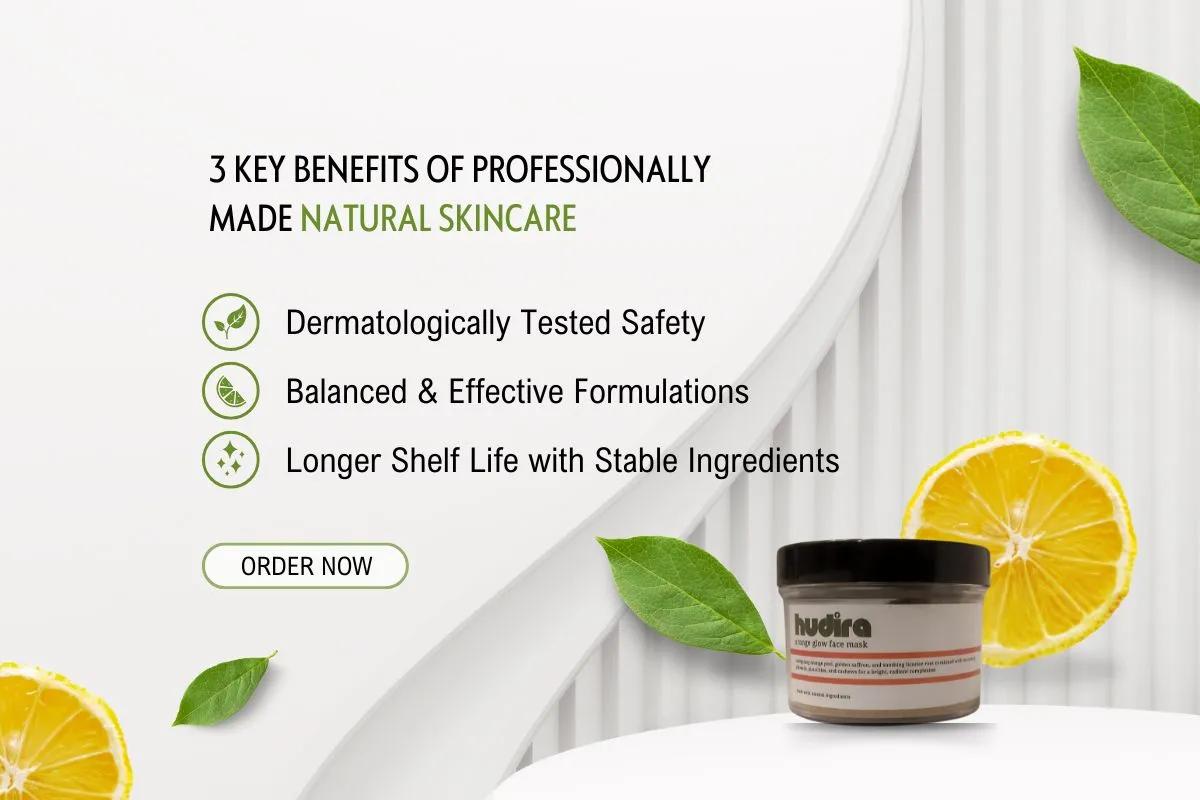
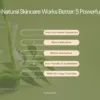
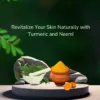
2 comments
Pingback:
How Turmeric and Neem for Skin Heal and Protect Your Skin – The Ultimate Herbal Skincare Guide 2025 - hudira.comPingback:
Summer Skincare Guide: Natural Ways to Beat the Heat & Protect Your Skin - hudira.com